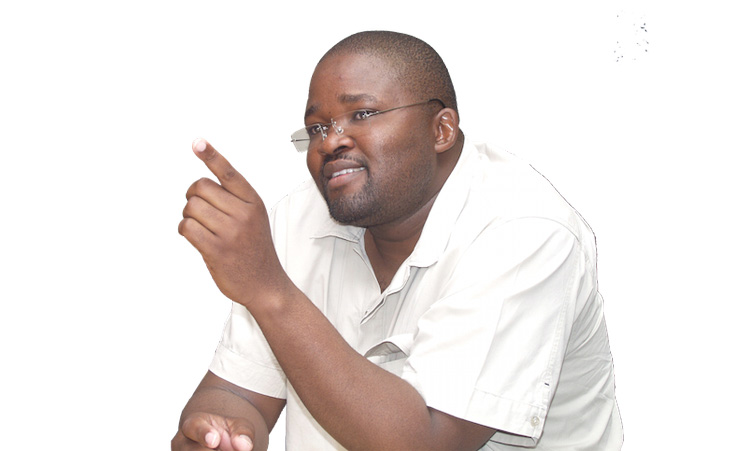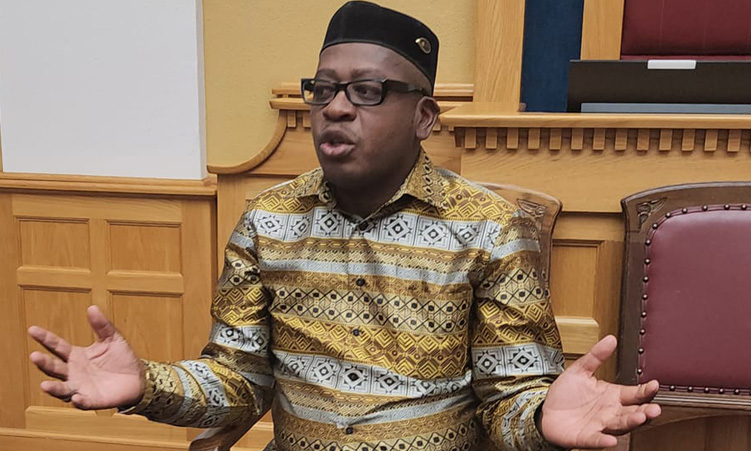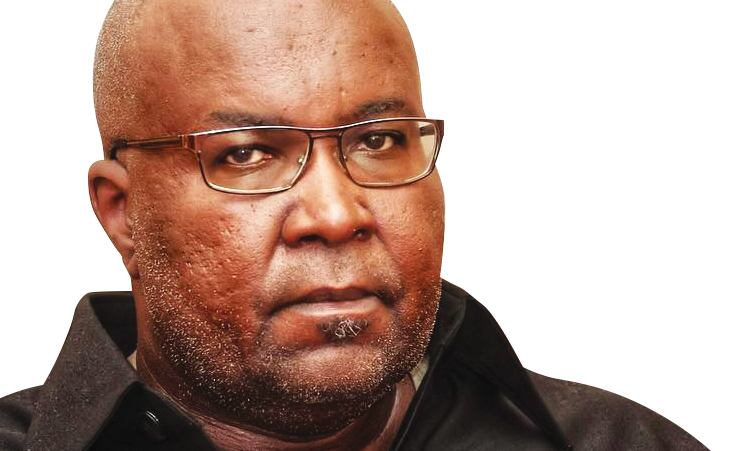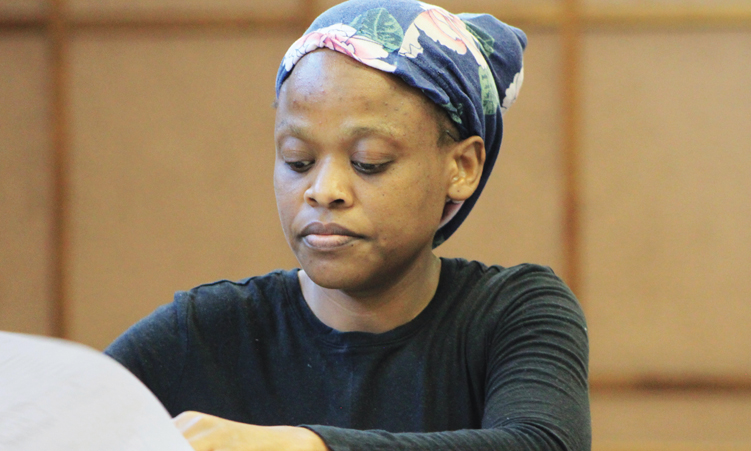The South West Africa National Union (Swanu) is calling for the introduction of the death penalty to deal with those found guilty of murder and other heinous crimes.
Party leader Evalistus Kaaronda yesterday told Desert Radio that capital punishment – the state-sanctioned killing of a person as punishment for actual or supposed misconduct also known as the death penalty – is part of their manifesto and the answer to dealing with crime.
University of Namibia human rights lecturer John Nakuta, however, says the proposition is not practical in Namibia as it is not condoned by the bill of rights in the Constitution.
“The bill of rights chapter cannot be amended in a manner that would take away what is there, only with the view to improve on what is there,” he says.
Nakuta says there is no law that may prescribe a death penalty as a competent sentence, adding that no court in Namibia may impose a death sentence.
Kaaronda said the death penalty will be the only way to deter criminals.
“Otherwise, you kill someone, you get sent to prison, you get to live your life, and hopefully someday you get to walk out,” he said.
Kaaronda said it is not a trivial matter and it is not a matter that should be confined to academic debate.
“It is a matter that affects people in this country from January to July alone. We have lost a hundred and fifteen Namibian lives at the hands of other Namibians,” he said.

Kaaronda said it prepares citizens to know the consequences once they decide to take another person’s life. He referred to Botswana, stating that the murder rate in Botswana is close to zero.
Capital punishment in Botswana is a legal penalty, and is usually applied to murder under aggravated circumstances. He said the murder rate in South Africa and Namibia is alarming.
Kaaronda said the Namibian Constitution in its current form does not reflect the wishes of the people.
“That Constitution will have to go. It has never helped us,” he said, adding that the Constitution was never a Namibian product.
“It’s a Constitution that is pointless, it’s useless, and we have to have a Constitution that reflects the true realities of living on the ground,” he said.
Political analyst Rui Tyitende says it’s better for someone to be in jail even though their guilt has not been proven beyond reasonable doubt instead of them just being executed outright.
“The governing party, the members of parliament of the governing party, most of them, at least some of them, were part of the Constituent Assembly that drafted Namibia’s Constitution and they were very adamant that no capital punishment shall take place in Namibia because of their experience with the apartheid regime,” Tyitende says.
He says Kaaronda should rather focus on the plethora of socio-economic challenges: unemployment, structural inequality and poverty.
“Those are the issues that make young people go out and commit crimes,” he says.
Tyitende says the moment these issues are addressed, the appetite for crime will be reduced.
“If you were to have a referendum today as to whether capital punishment should be brought back, I don’t think a majority of Namibians will support it,” he says.
“If you look at Swanu as a political formation, since the 1990s, they have only been able to garner one seat consistently since independence, so even if they wanted to amend the Constitution, the support from other political formations in the National Assembly will not be there,” he says.
Tyitende, however, says the country should not ignore the fact that crime is a serious issue in the country.
“How we deal with that, we need to ask a very pertinent public policy question,” he says.
Stay informed with The Namibian – your source for credible journalism. Get in-depth reporting and opinions for
only N$85 a month. Invest in journalism, invest in democracy –
Subscribe Now!










